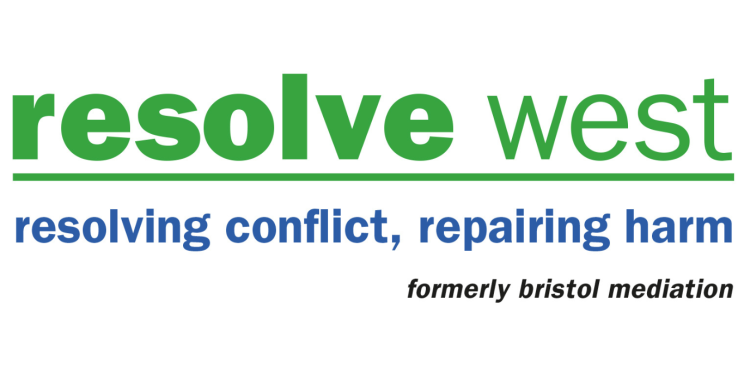Restorative Justice in Action: A Journey to Understanding and Accountability

This Restorative Justice Week, to help to show Restorative Justice (RJ) in practice, we have a case study of some of the good work being done by Resolve West. Resolve West redefines how we approach crime by centring on restoring human connection. RJ aims to open a dialogue between victims and offenders, giving offenders the chance to take accountability for the harm they have caused and allowing victims to regain a sense of empowerment and closure.
The Case Study
A group of young people trespassed onto private land and damaged abandoned vehicles. Their actions were recorded on video by the owner, who was deeply affected by the incident. Most of the youths accepted responsibility and agreed to take part in a Restorative Justice (RJ) which is an option sometimes offered as part of their Community Resolution.
The Impact
The harm went beyond physical damage. The victim of the incident felt unsafe on her own land, with ongoing feelings of fear and anger. It also affected her elderly mother, who became fearful and distressed, leading to a decline in her health. Although old, the damaged vehicles held sentimental value for the family, which added to the emotional impact. When the youths learned of the harm caused, they felt embarrassed and remorseful, realising the distress they had caused both to the harmed party and their own families.
The Restorative Justice Process
Both parties had different aims for the RJ process: the harmed party wanted an apology and acknowledgment, hoping the young people would understand the emotional and practical harm they had caused. She also hoped RJ would help her find some relief from her anger. For the young people, RJ offered an opportunity to apologise and find closure, it was also a condition of their Community Resolution.
The RJ facilitators worked with all parties, initially supporting the harmed party to write a letter for the young people explaining the impact they had on her and her mother. The young people, along with their parents, took part in individual sessions where they drafted letters of apology, recognising the distress they had caused. These letters went through careful editing to ensure they conveyed personal responsibility, turning statements like “we” into “I” to reinforce individual accountability.
The Outcomes
The victim of the crime felt satisfied with the final letters, feeling that the young people had taken genuine responsibility. Although she still held some resentment, the process brought her a sense of closure and validation. For the young people, the experience was a meaningful opportunity to learn about the impact of their actions and to make a sincere apology. They and their parents expressed relief and a growing appreciation for the RJ process, which allowed everyone involved to move forward with greater understanding.
In this case, RJ helped bridge the emotional gap between actions and consequences, encouraging accountability and empathy—essential steps towards healing for both the harmed party and the harmers.
If you want to know more about Resolve West, you can do so here: Home – Resolve West
